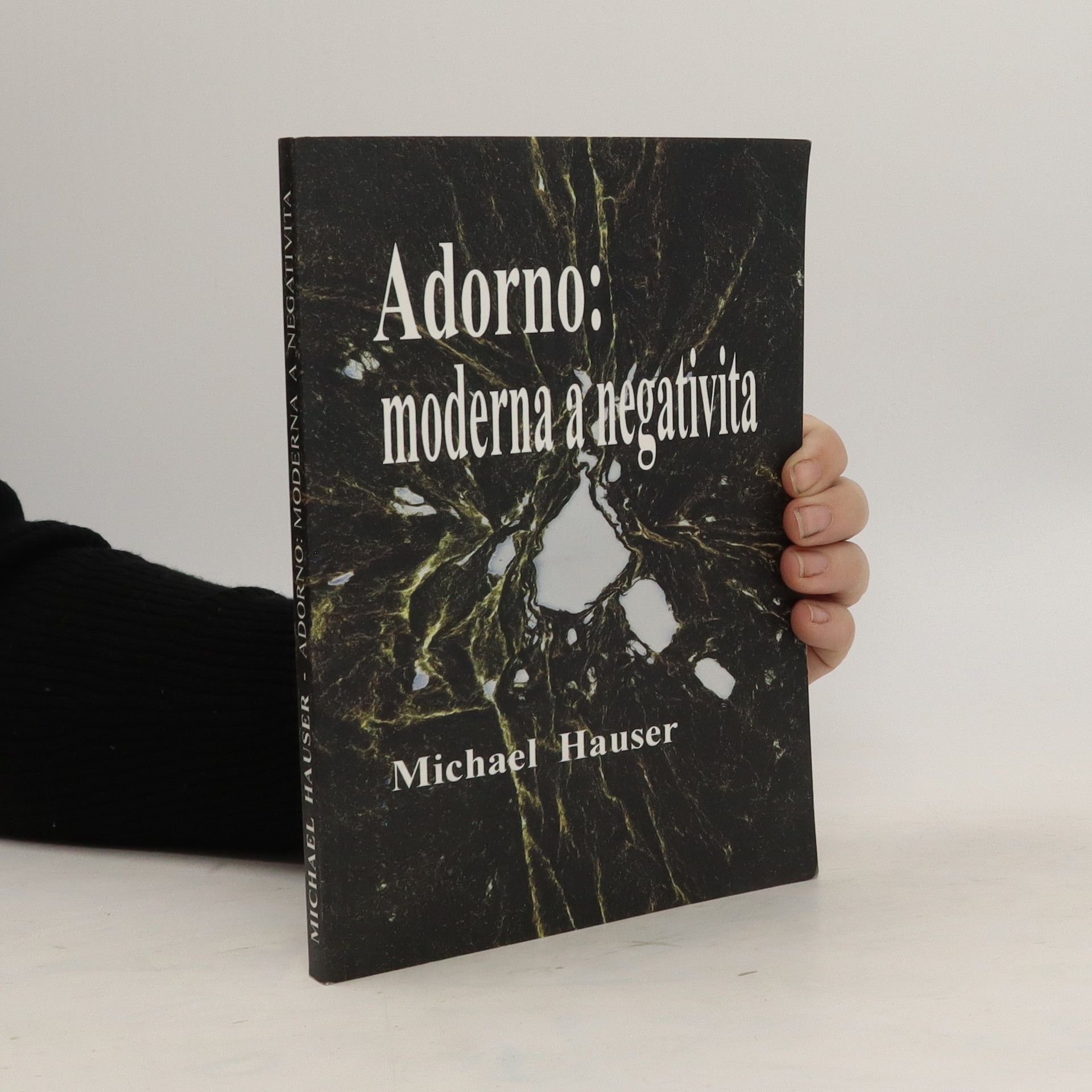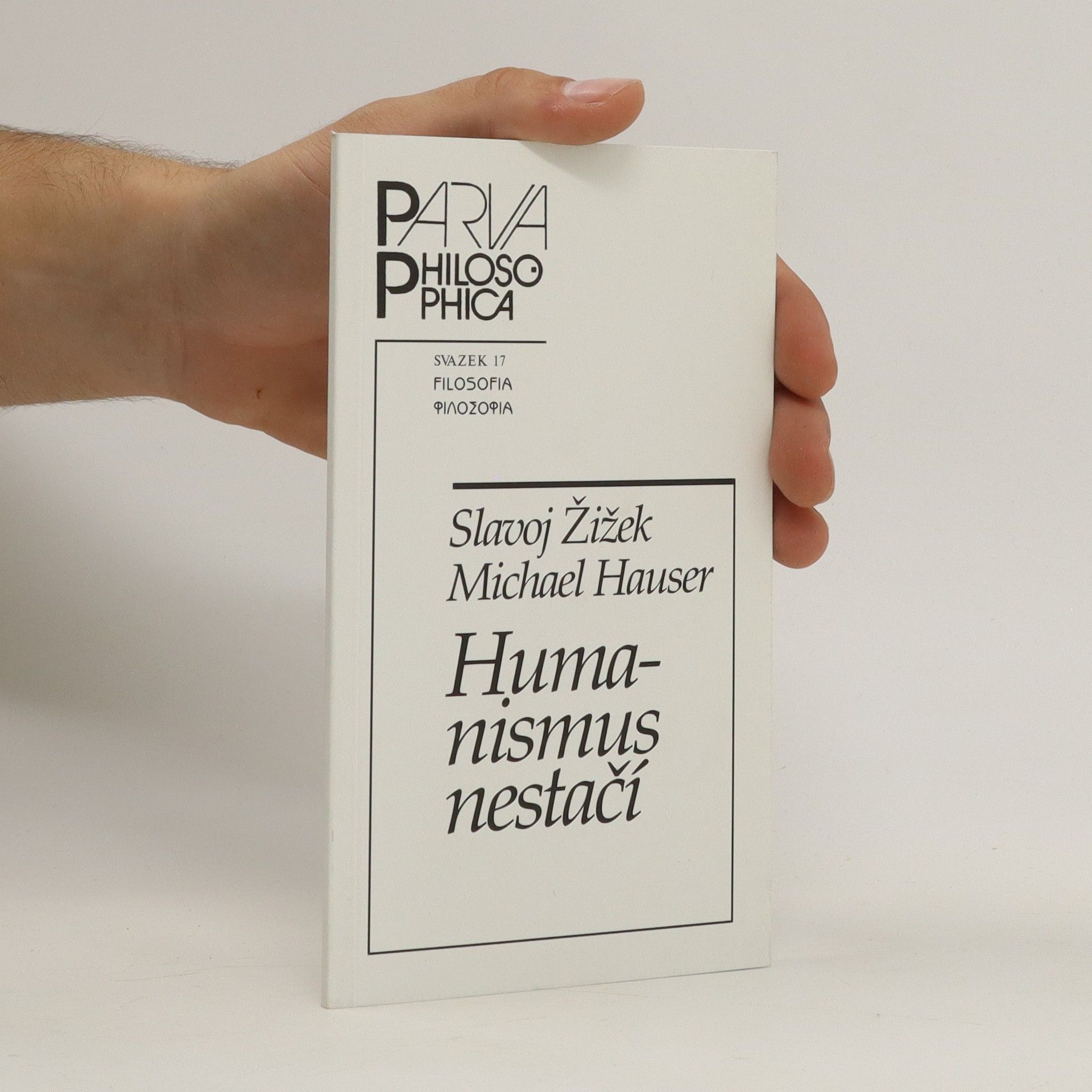Michael Hauser Bücher

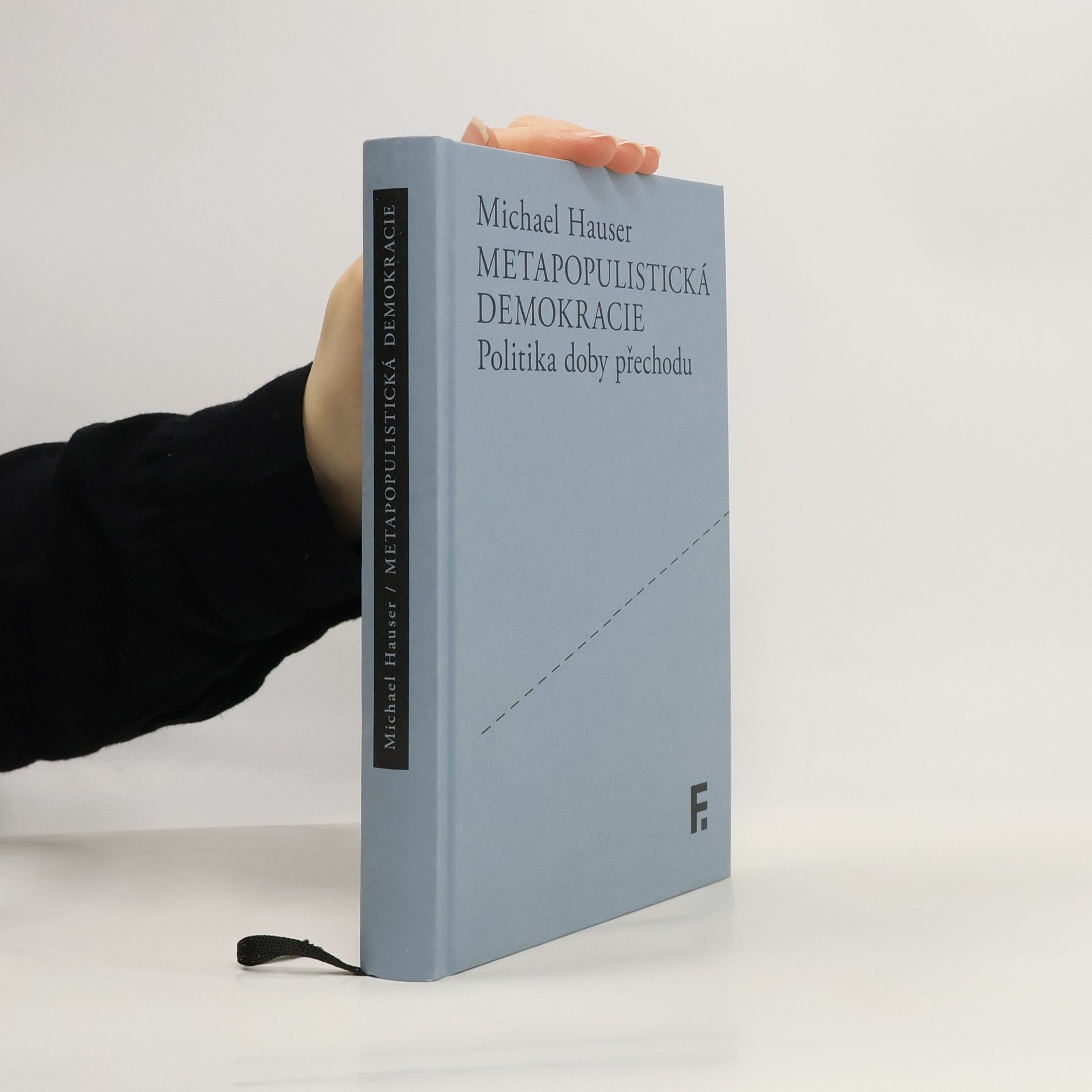
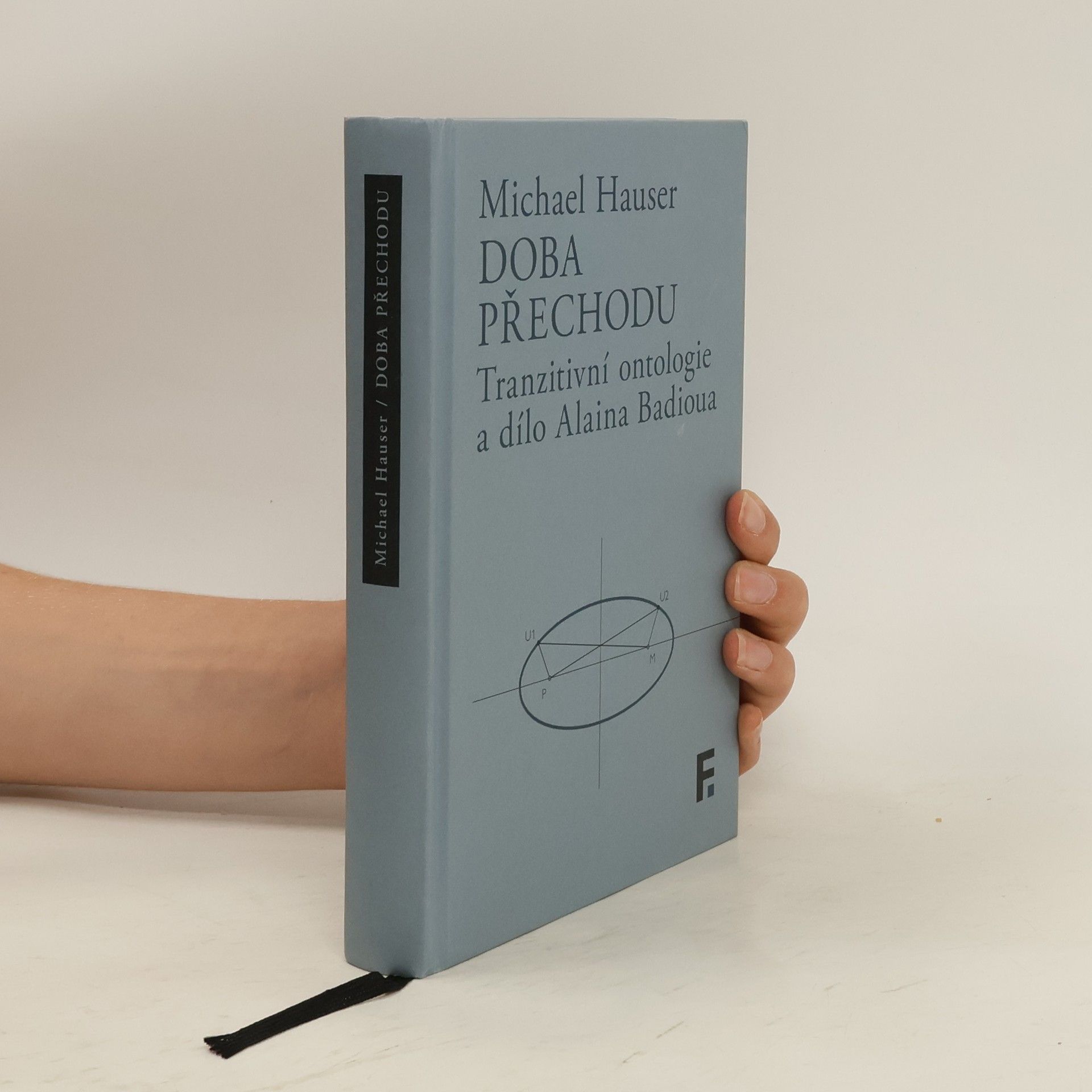
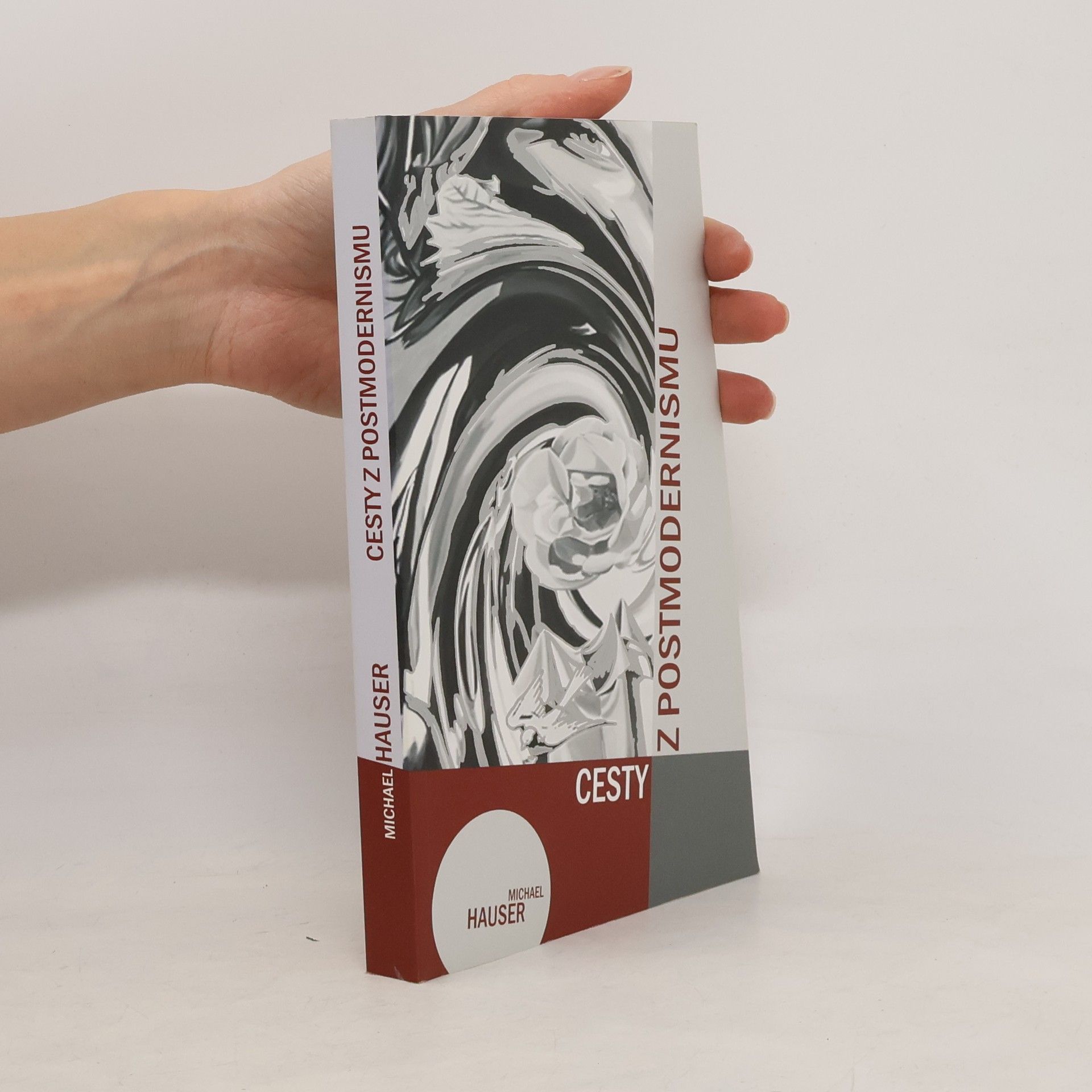


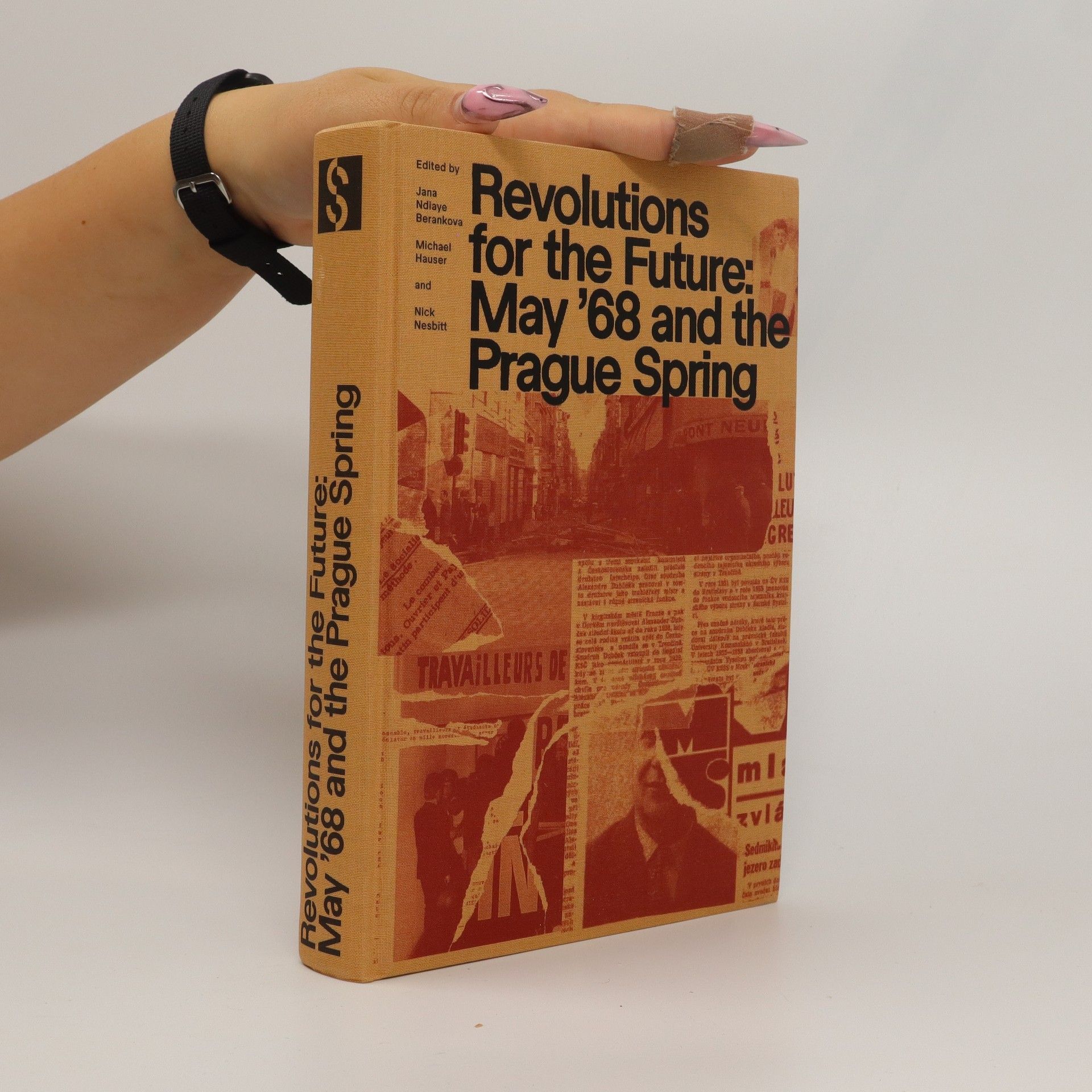
20th-Century Retailing in Downtown Grand Rapids
- 128 Seiten
- 5 Lesestunden
Grand Rapids, Michigan was the center for shopping in western Michigan with department stores, five-and-dimes and more, until the advent of the shopping mall. For decades, downtown Grand Rapids enjoyed a long run in the limelight as the epicenter of shopping in western Michigan. The vibrant Monroe Avenue corridor included three homegrown department stores, several chain department stores, five-and-dime stores, and scores of clothing and specialty retailers. It weathered mother nature, wars, the Great Depression, the advent of neighborhood shopping centers, and civil disturbances--but the one change it could not overcome was the regional shopping mall.
Detroit Opera House
- 128 Seiten
- 5 Lesestunden
Utilizing remarkable images from the Manning Brothers Historical Collection, the Michigan Opera Theatre Archives, and several additional collections, Michael Hauser and Marianne Weldon have captured the excitement of the shared entertainment experience in Detroit Opera House. The theater known today as the Detroit Opera House has been an integral part of the city's culture and history as well as the live entertainment industry. Its existence has been threatened in the past, but it has survived wars, the Great Depression, civil unrest, economic meltdowns, the abandonment of downtown, and, most recently, a pandemic. Generations of patrons have fond, vivid memories of attending films, stage presentations, or events with family and friends as it transitioned from the Broadway Capitol to the Paramount to the Grand Circus to the Detroit Opera House. The reason for building these "temples of amusement" was to literally transport a guest into another world, and the Detroit Opera House has valiantly fulfilled that task. What began as an idea by David DiChiera, founder of Michigan Opera Theatre, the owner and operator of today's Detroit Opera House, blossomed into a magnificent performing arts center with its formal opening in 1996. Hauser is marketing manager for the Detroit Opera House, and Weldon is the collections manager for art and artifacts at Bryn Mawr College.
Jsme stále v postmoderní situaci? Rozpadání liberální demokracie, sociálního státu a dalších prvků, které vytvářely náš svět po dobu několika desetiletí, svědčí o tom, že jsme mnohem spíše v situaci přechodu. Nadále však převažuje postmodernismus: kultura s roztříštěným vnímáním, myšlením, imaginací a vyjadřováním. Cesty z postmodernismu jsou jednak filosofickou diagnózou doby, jednak nástinem obrysů možné budoucí kultury.
Doba přechodu: Tranzitivní ontologie a dílo Alaina Badioua
- 373 Seiten
- 14 Lesestunden
Kniha analyzuje tendence a jevy, jež charakterizují dobu společenských změn po roce 1989. Michael Hauser v návaznosti na Gramsciho a Badiouovy teorie označuje toto období jako interregnum a předkládá svou vlastní komplexní teorii. Pro první období interregna byl typický neoliberalismus a postmodernismus, tyto dominanty se však postupně rozpadají. Doba postmodernismu končí kolem roku 2000, kdy se začínají šířit hybridní útvary jako populismus, identitární hnutí nebo Islámský stát. V umění se více prosazuje realismus. Po finanční krizi z roku 2008 se proměňuje i neoliberalismus, který nyní vyzývá k sebeobětování a ke konzervativní politice hodnot. V interregnu vznikla ontologie pravd a nekonečna Alaina Badioua. Jeho pojetí matematiky, politiky, umění a lásky však zároveň ukazuje za jeho horizont. Teorie interregna tak dovoluje dílo Alaina Badioua více docenit.
Metapopulistická demokracie: Politika doby přechodu
- 331 Seiten
- 12 Lesestunden
Kniha představuje celkovou diagnózu liberální demokracie a postihuje vznik nového politického systému, který se stává politickou dominantou současného světa. Je to systém, který se vynořuje z krize liberální demokracie – některé její prvky zachovává, další proměňuje a jiné zavádí. Metapopulistická demokracie navazuje na teorii interregna, tak jak byla předložena v knize Doba přechodu, obsahuje nové koncepce, které politiku uvádějí do širších ekonomických, sociálních a kulturních souvislostí. Objasňuje politické strategie, které umožňují sjednocovat roztříštěnou společnost bez ucelených doktrín a ideologií. Vysvětluje, proč je dnešní politika plná rozporů a logických nesoudržností. Klade otázky, jak na metapopulistickou politiku reagovat a jak vytvářet politiku emancipační, která by vedla za hranice interregna.
Adorno: moderna a negativita
- 228 Seiten
- 8 Lesestunden
Tato kniha je první českou monografií o Adornovi. Klade si za cíl vyložit Adornovu filosofii jako kritickou obhajobu moderny a západní racionality. Autor se vyhraňuje jak proti Habermasovým „normativním“ výkladům moderny, tak proti jejímu pojetí „dekonstruktivnímu“. Adornův myšlenkový model se tu stává interpretačním nástrojem hlavních krizových fenoménů současného světa. Tato práce patří mezi knihy mladé, nastupující filosofické generace.
Prolegomena k filosofii současnosti
- 198 Seiten
- 7 Lesestunden
Kniha se zaměřuje na základní krizové body postmoderní současnosti (ekologickou krizi, omezování demokracie, rozklad subjektu) a chápe je jako impulsy k obnově (materialistické) filosofie. Autor se věnuje Marxovi, Adornovi a Kosíkovi, aby ukázal jejich význam pro pochopení dnešní situace. Seznamuje nás zároveň se současnou levicovou filosofií s Jamesonem, Mouffovou, Žižkem, ale také se Sorosovou kritikou neoliberálního kapitalismu. Postmodernismus autor vykresluje jako hegemonickou kulturu s mnoha paradoxy: Nevytváří postmodernismus se svou skepsí a nihilismem nakonec půdu fundamentalismu? Není právě proto zapotřebí oživit perspektivu jiného světa, jak to naznačuje pozdní Derrida?
Pražské jaro. Logika nového světa
- 314 Seiten
- 11 Lesestunden
Společenská dynamika pražského jara byla mnohem vrstevnatější a otevřenější než pařížský květen 1968 nebo než listopadové události roku 1989. Kniha se zaměřuje na opomíjené dimenze pražského jara, které na něj vrhají jiné světlo a přinášejí jiný pohled než ten, s nímž se běžně setkáváme v polistopadových českých a slovenských pracích. Jsou v ní představeny reformy týkající se podnikové demokracie, samosprávného soudnictví, zrušení politických, od společnosti odtržených elit a další myšlenky a počiny pražského jara. Jako jedinečný rys pražského jara vykresluje vzájemné výměny mezi vládnoucí mocí, expertními týmy a společenskými hnutími. Díky nim reformy přecházely v revoluci, která od základu proměňovala státní socialismus. Tváří v tvář dnešním krizím se události pražského jara stávají novým inspiračním zdrojem.
Knížka se skládá z rozhovoru se Slavojem Žižkem a z jeho dosud nezveřejněného textu „K materialistické teologii“, v němž Žižek načrtává obrysy nové ontologie.
